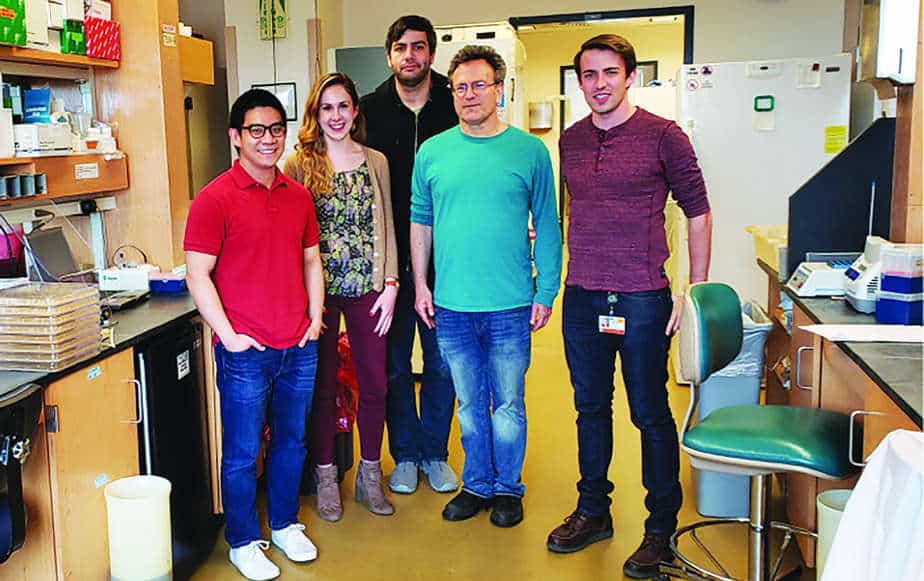
Scientists have developed a designer cholera vaccine which may provide rapid protection against the disease, and limit the spread of future outbreaks.
Experiments conducted on rabbits by researchers at Howard Hughes Medical Institute (HHMI) in the US suggest that the tricked-out cholera vaccine starts protecting against the deadly disease within a day.
The researchers discovered an ability unique to the vaccine, called HaitiV, which protects rabbits from cholera-causing bacteria almost immediately — even before an immune response begins.
The study, published in the journal Science Translational Medicine, suggests the vaccine will be particularly good at curbing fast-spreading cholera, which is responsible for between 21,000 and 143,000 deaths worldwide each year.
The researchers have not yet tested the vaccine in people, but Matthew Waldor, a microbiologist at Brigham and Women’s Hospital in the US, believes the vaccine will hold great promise.
“We think this is going to be a very good vaccine, and could induce immunity after a single dose,” said Waldor.
Cholera is an intestinal infection that can quickly kill without treatment. The disease is caused by Vibrio cholerae, bacteria that take up residence in the small intestines and produce toxins that can trigger vomiting and diarrhea, leading to severe dehydration.
After tracing the genetic origins of the V cholerae strain responsible for the 2010 outbreak in Haiti, Waldor and his colleagues realised that the bacteria had changed in the decades since existing cholera vaccines were designed.
“The last vaccines were made a long time ago, and they don’t incorporate a lot of our modern understanding of this pathogen,” Waldor said.
He and his team decided to create a new version of the vaccine using a toothless V cholerae as a protective shield. These harmless, lab-designed bacteria do not cause cholera. Instead, they seem to prevent the dangerous pathogen from causing trouble.
The researchers began with the DNA sequence of the current version of the virulent V cholerae.
Using sophisticated genetic tricks, they tweaked the bacteria’s genome, essentially engineering out anything that might make it dangerous.
If the bacteria were ever to acquire the DNA sequence for making toxins, for example, a CRISPR-based gene editing safeguard would chew up that DNA, researchers said.
Delhi hosted what organisers describe as the world’s first player auction in golf, launching ‘72…
An elderly woman recalls how her six-year-old granddaughter lay bleeding after a speeding car hit…
Municipal Corporation of Delhi plans a unified policy enabling RWAs to adopt and maintain parks…
A 17-year-old boy allegedly died by suicide after jumping before a moving train at Uttam…
Delhi High Court grants bail to 26-year-old Thar driver accused of mowing down two in…
Two Rohini men arrested for fatally stabbing one person and injuring another during a robbery…